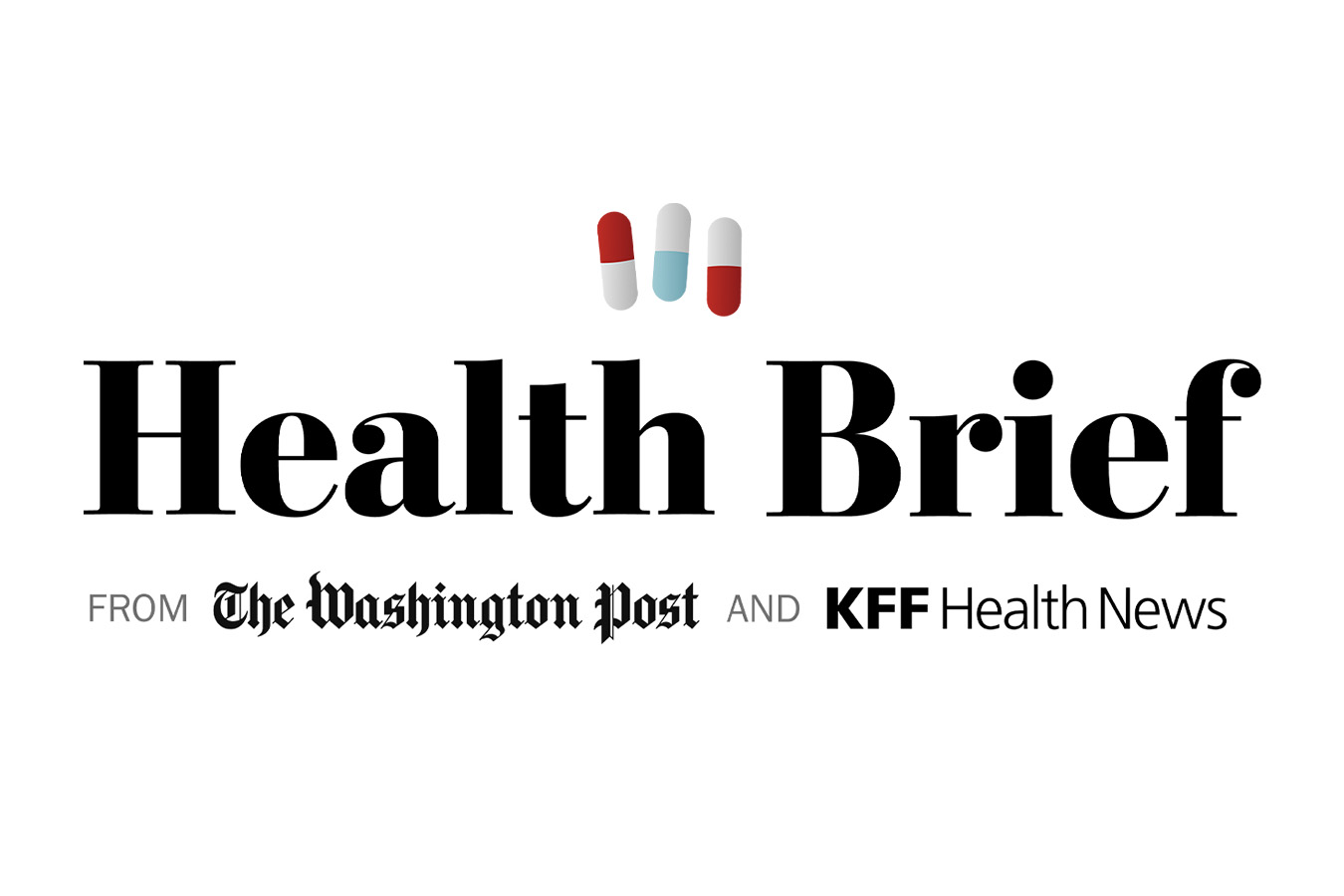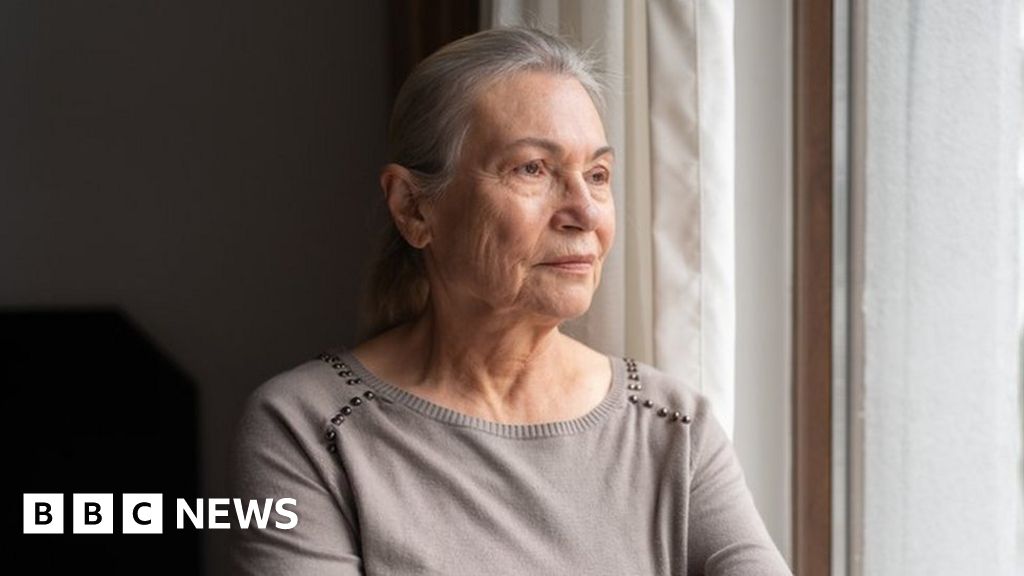Californians in November will weigh in on a ballot initiative to increase scrutiny over the use of health-care dollars — particularly money from a federal drug discount program — meant to support patient care largely for low-income or indigent people. The revenue is sometimes used to address housing instability and homelessness among vulnerable patient populations.
Voters are being asked whether California should increase accountability in the 340B drug discount program, which provides money for community clinics, safety net hospitals and other nonprofit health-care providers.
The program requires pharmaceutical companies to give drug discounts to these clinics and nonprofit entities, which can bank revenue by charging higher reimbursement rates.
Advocates pushing the measure, Proposition 34, say some entities are using the drug discount program as a slush fund, plowing money into housing and homelessness initiatives that don’t meet basic patient safety standards. Researchers and advocates have called for greater oversight.
“There are 340B entities that are misusing these public dollars,” said Nathan Click, a spokesperson for the pro-Proposition 34 campaign. “The whole point of this program is to use this money to get more low-income people health-care services.”
The initiative wouldn’t bar 340B providers from using health-care funds for housing or homelessness programs. Instead, it targets providers that spend more than $100 million on purposes other than direct patient care over 10 years. It would mandate that 98 percentof 340B revenues go to direct patient care. It also targets 340B providers with health insurer contracts and pharmacy licenses and those serving low-income Medicaid or Medicare patients that have been dinged with at least 500 high-severity housing violations for substandard or unsafe conditions.
That has placed a bull’s eye on the Los Angeles-based AIDS Healthcare Foundation, a nonprofit that provides direct patient care via clinics and pharmacies in California and other states, including Illinois, Texas and New York. It also owns housing for low-income and homeless people.
A Los Angeles Times investigation found that many residents of AIDS Healthcare Foundation properties are living in deplorable, unhealthy conditions.
Michael Weinstein, the foundation’s president, disputes those claims and argues that Proposition 34 proponents, including real estate interests, are going after him for another ballot initiative that seeks to implement rent control in more communities across California.
“It’s a revenge initiative,” Weinstein said, arguing that the deep-pocketed California Apartment Association is targeting his foundation — and its health and housing operations — because it has backed ballot measures pushing rent control across California. “This is a two-pronged attack against us to defeat rent control.”
Weinstein is locked in a feud with the apartment association, the chief sponsor of the initiative, which has contributed handsomely to pass Proposition 34. Opponents argue that the initiative is “a wolf in sheep’s clothing.”
Weinstein acknowledged to KFF Health News that his nonprofit uses money from 340B drug discounts to support its housing initiatives but argued they are helping treat and house some of the most vulnerable people, who would otherwise be homeless.
The apartment association declined several requests for comment. But Proposition 34 backers say they aren’t going after rent control — or Weinstein and his nonprofit.
Supporters argue that “rising health care costs are squeezing millions of Californians” and say that the initiative would “give California patients and taxpayers much needed relief, and lowers state drug costs, while saving California taxpayers billions.”
If the initiative passes and 340B providers do not spend 98 percent of the revenue on direct patient care, they could lose their license to practice health care and their nonprofit status.
This article is not available for syndication due to republishing restrictions. If you have questions about the availability of this or other content for republication, please contact NewsWeb@kff.org.


